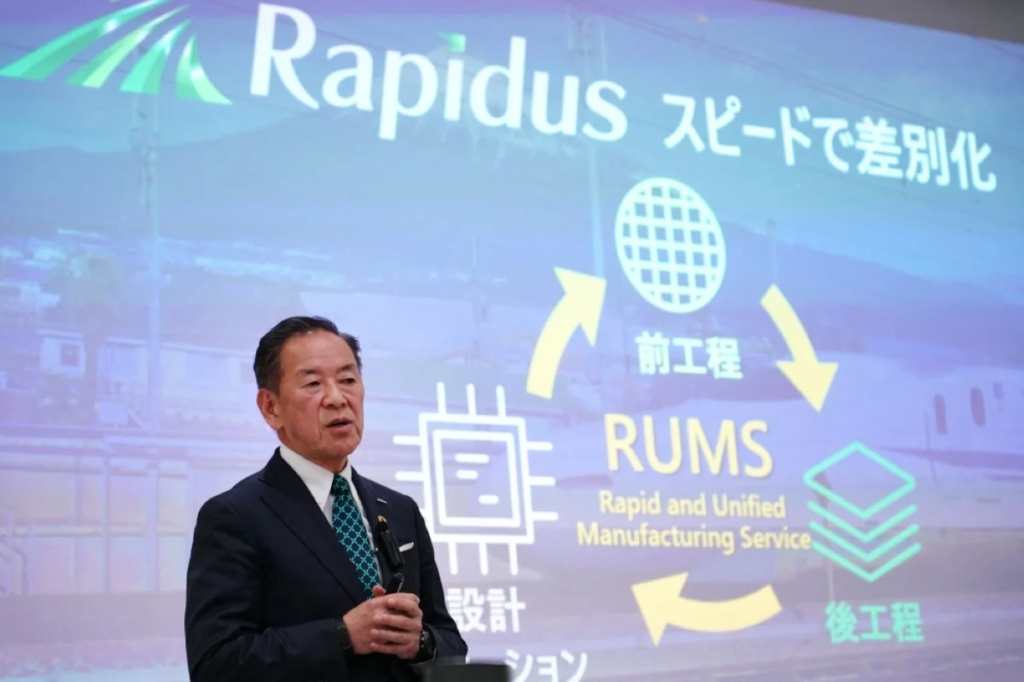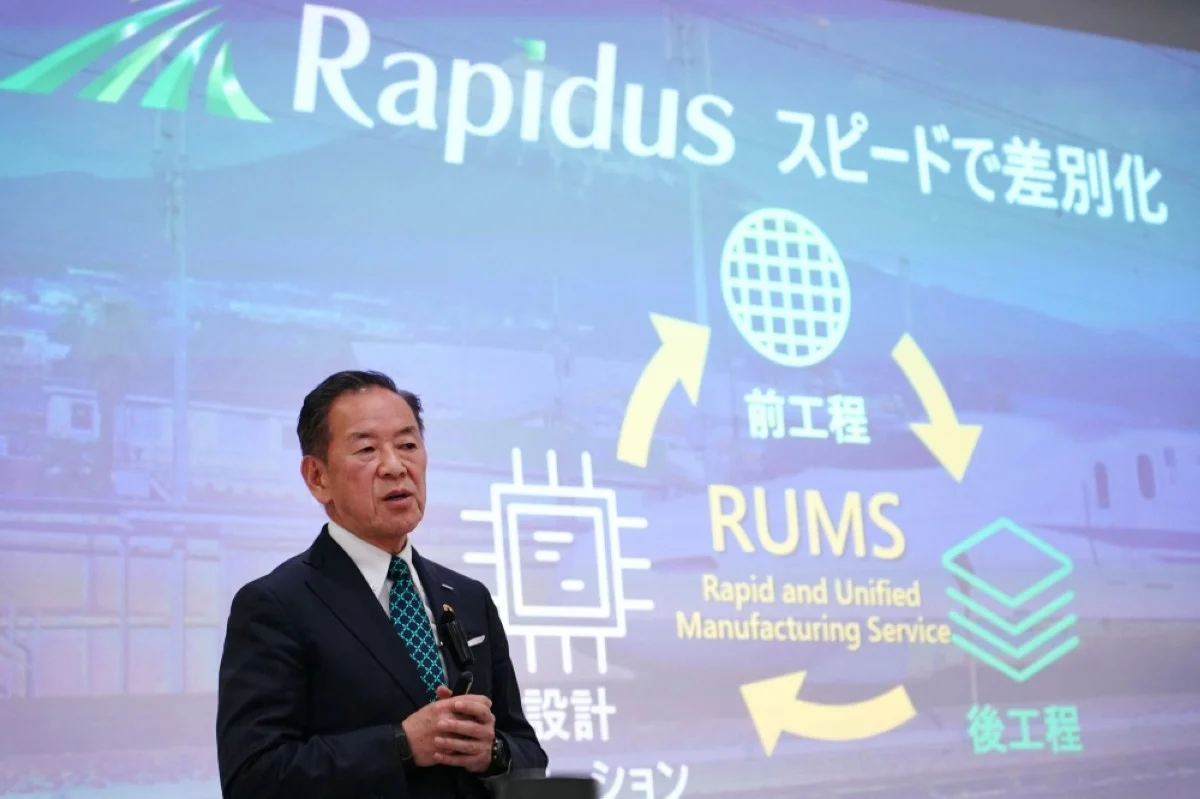NASA Picks Three Companies to Develop a Moon Car for Artemis Astronauts
NASA has taken another significant step in its Artemis lunar exploration program by selecting three pioneering companies to develop a Lunar Terrain Vehicle (LTV) for astronauts participating in the Artemis missions. Intuitive Machines, Lunar Outpost, and Venturi Astrolab have been chosen to collaborate on this crucial project, marking a milestone in NASA’s efforts to establish a sustainable human presence on the Moon.
Purpose and Scope of the Project

Image Source: nytimes.com
The primary objective of this initiative is to design and construct a robust Lunar Terrain Vehicle capable of navigating the challenging terrain of the Moon’s south polar region. This area is of particular interest to scientists as it is believed to harbor vast reservoirs of frozen water, essential for sustaining future human activities on the lunar surface. The selected companies are tasked with developing vehicles that can accommodate two suited astronauts and withstand the extreme conditions prevalent in this environment. Additionally, the LTVs must possess advanced robotic and remote operation capabilities to facilitate scientific exploration and experimentation even in the absence of astronauts on-site.
Project Roadmap and Timeline
The development process will commence with a feasibility task order, encompassing a comprehensive year-long study to refine and finalize the system design in alignment with NASA’s stringent requirements. Following this phase, the companies will be invited to submit proposals for a demonstration mission aimed at testing the performance and safety of their LTV prototypes on the Moon’s surface. This critical evaluation phase is vital for validating the functionality and reliability of these vehicles before their integration into the Artemis missions.
Jacob Bleacher, Chief Exploration Scientist at NASA Headquarters, emphasized the significance of the LTVs in expanding the horizons of lunar exploration. He highlighted their pivotal role in enabling access to remote and scientifically significant locations that would otherwise be inaccessible on foot. Moreover, these vehicles will facilitate year-round scientific activities on the Moon, enhancing our understanding of lunar geology and resource potential.
Artemis Program and Future Prospects
The Artemis program, initiated in response to Vice President Mike Pence’s challenge to land humans on the Moon by 2024, has evolved into a comprehensive endeavor aimed at establishing a sustainable lunar outpost. With the Artemis II and III missions slated for 2025 and 2026, respectively, NASA is accelerating its preparations for extended human presence near the Moon, laying the groundwork for future missions to Mars.
In conclusion, NASA’s collaboration with Intuitive Machines, Lunar Outpost, and Venturi Astrolab heralds a new era of lunar exploration, leveraging innovative technologies to unlock the mysteries of our celestial neighbor and pave the way for future human exploration beyond Earth’s orbit.

I am a law graduate from NLU Lucknow. I have a flair for creative writing and hence in my free time work as a freelance content writer.







